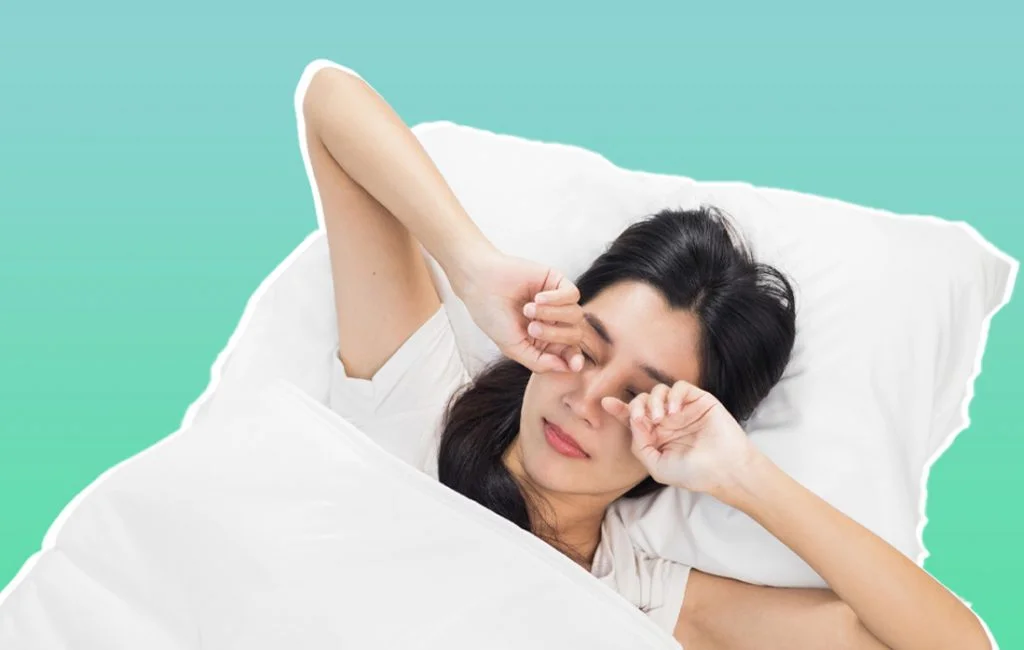
It might seem like losing sleep is losing sleep, no matter who you are. But a new study from researchers in Lithuania and Austria is diving into the differences between men and women, and how insomnia doesn’t treat everyone the same. (1) The systematic review, published March 14 in the journal Medicina, explains that insomnia is “increasingly common” in modern society and can cause significant challenges to health and well-being. But, it doesn’t impact everyone quite the same.
Their review gathered all the findings from existing research on the topic in the last five years, and included 11 studies in their final findings. They note the prevalence of insomnia is higher in women, but also that their sleep is more “regular and stable” compared to men. More specifically, they noticed that women’s circadian rhythms are more stable and less fragmented than men’s.
In addition, they shared how risk factors might cause men and women to have insomnia in different ways, including differences in cerebrovascular and cardiometabolic factors, shift work, and infections. Perhaps most shockingly, they also concluded that long-term effects from those sleepless nights shorten men’s lifespan more than women. In fact, men with insomnia lost 3.84 years of life compared to those without sleep disorders, while women lost 1.43 years of life, researchers found.
Like many health related differences, some of the science comes down to hormonal differences. Researchers discuss how differences first appear during the first menstrual cycle, which impacts estradiol and progesterone. They explain that progesterone impacts arousal, while estrogen boosts activity of neurotransmitters, which impacts REM sleep time. Female reproductive hormones also impact melatonin levels. But, the risk of sleep disorders rises with every phase women go through from puberty to pregnancy to menopause. So, the researchers conclude that sex hormones might contribute to higher prevalence rates of insomnia in women, versus men, who don’t go through those same stages and hormonal shifts.
The COVID-19 pandemic also contributed to the results. Researchers found the men were better able to “respond appropriately to stressors” while women had more depressed moods in response to stress. This, of course, impacts insomnia. So, anyone considering research from the pandemic years has to take into account these additional factors. Also, research has shown that even mild cases of COVID-19 can cause severe insomnia.
Finally, health conditions that can impact life quality and lifespan relate to insomnia rates, especially in situations such as men who have insomnia after a stroke. Generally, patients with higher body mass index, obesity, hypertension, hyperglycemia, and metabolic syndrome are more likely to have insomnia. Some reports also link your genetics to insomnia, making for a more complicated equation as people figure out if they are likely to have it, and why.
For those suffering with insomnia, health care professionals recommend not waiting to reach out to your medical team, as it carries a whole host of risks associated with sleep deprivation, from physical to mental health implications. In the meantime, people struggling to sleep long enough (and well) can look to changes in their sleep schedule and sleep hygiene as a place to start. Your health, and potentially lifespan, seem to depend on it.
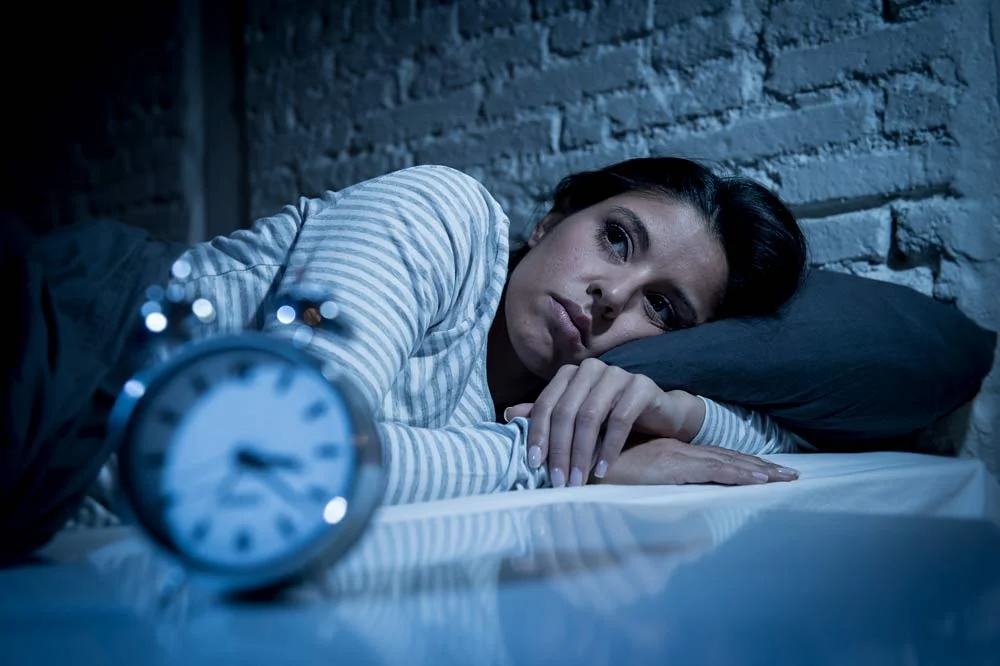
Types of Insomnia — Causes and Treatments
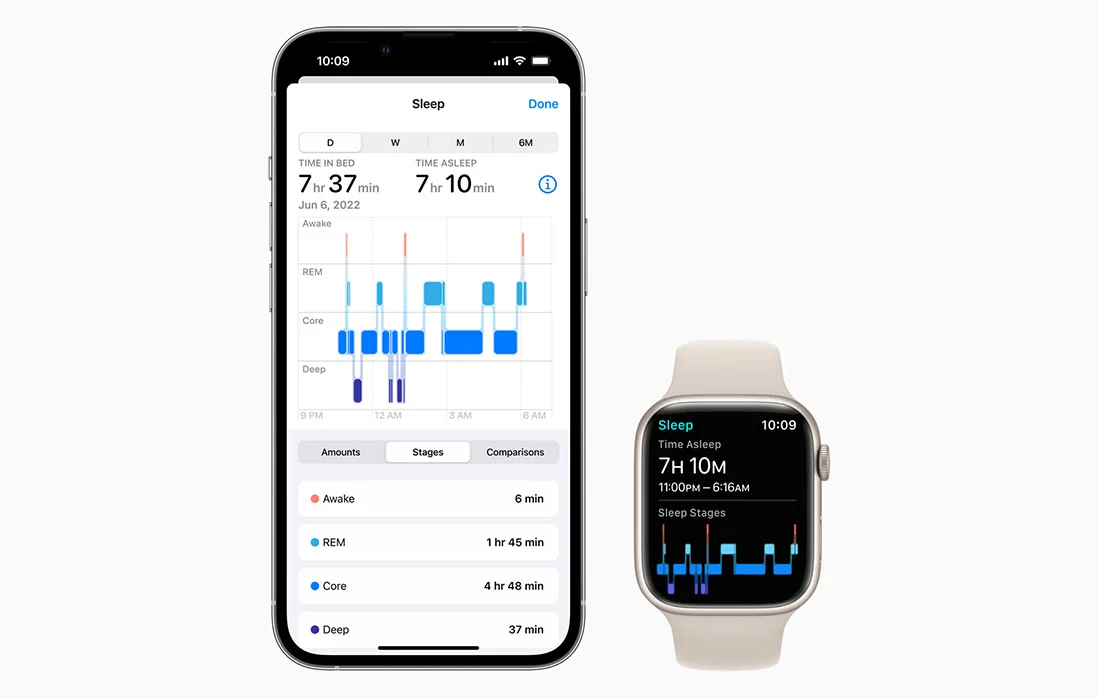
Apple’s New Watch OS Promises Intense Sleep Tracking
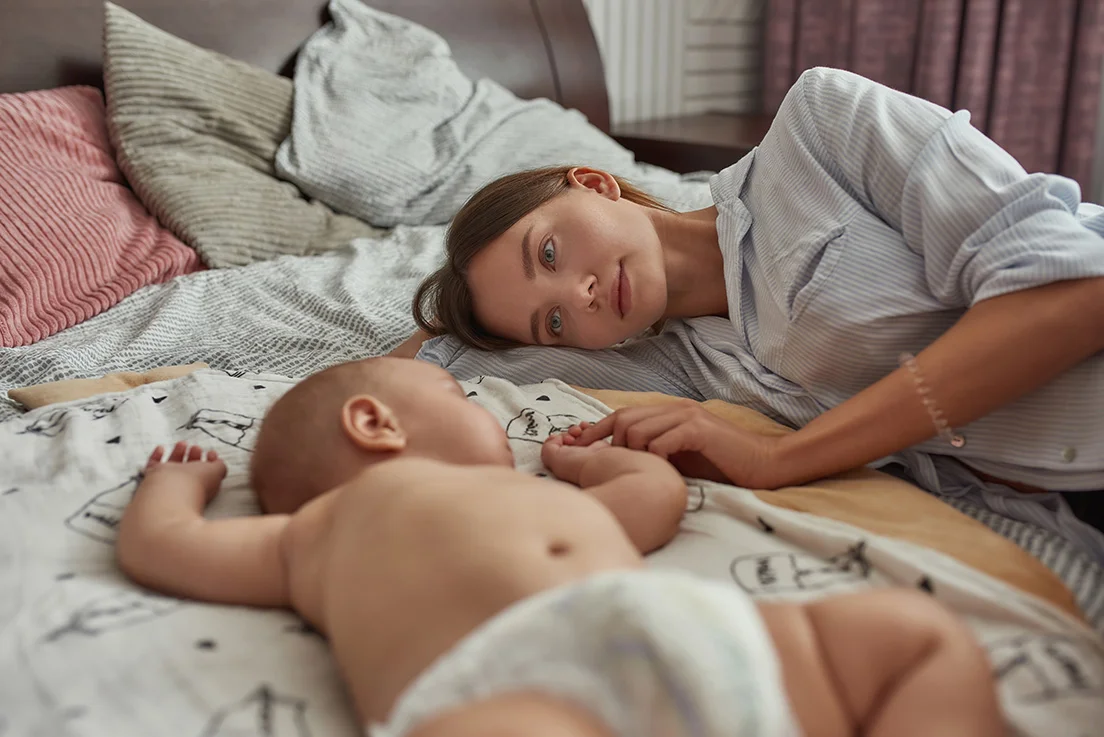
Beating Postpartum Insomnia: Our Expert-Backed Tips
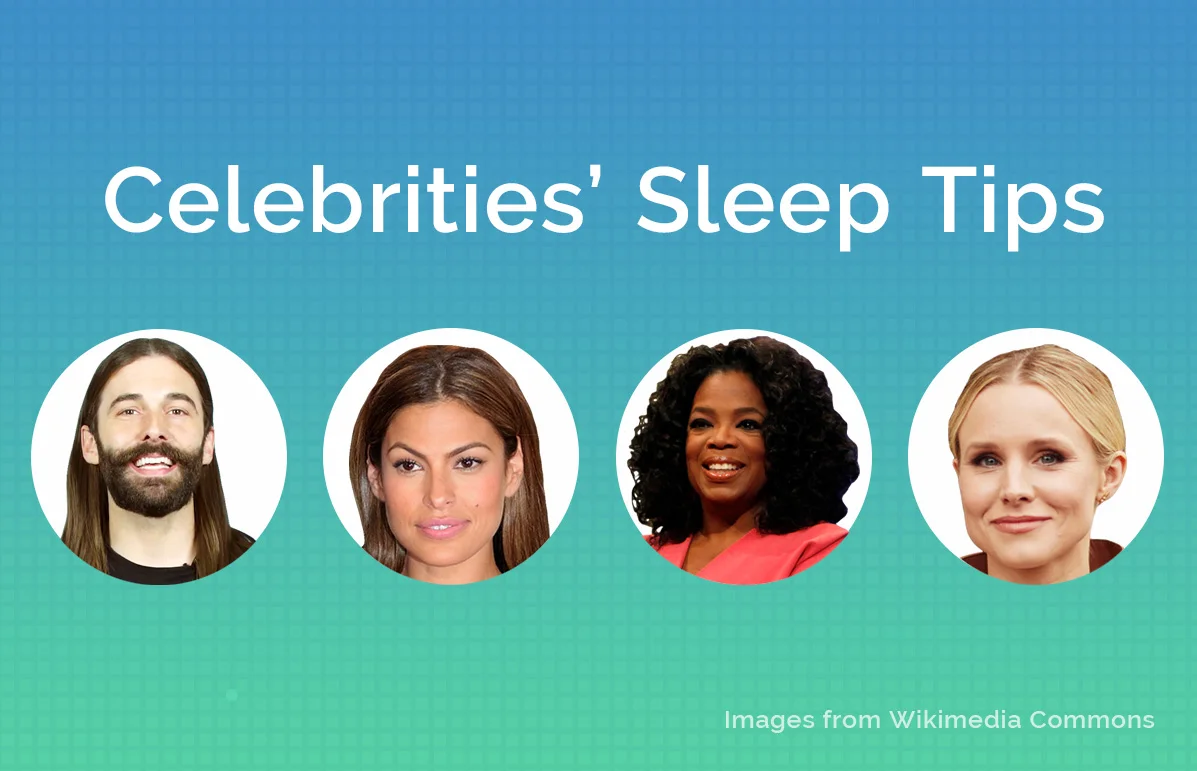
10 Celebrity Sleep Tips and Tricks For a Better, More Restorative Night’s Sleep
Sources
1. Pajėdienė E, Urbonavičiūtė V, Ramanauskaitė V, Strazdauskas L, Stefani A. Sex Differences in Insomnia and Circadian Rhythm Disorders: A Systematic Review. Medicina. 2024; 60(3):474. https://doi.org/10.3390/medicina60030474

























